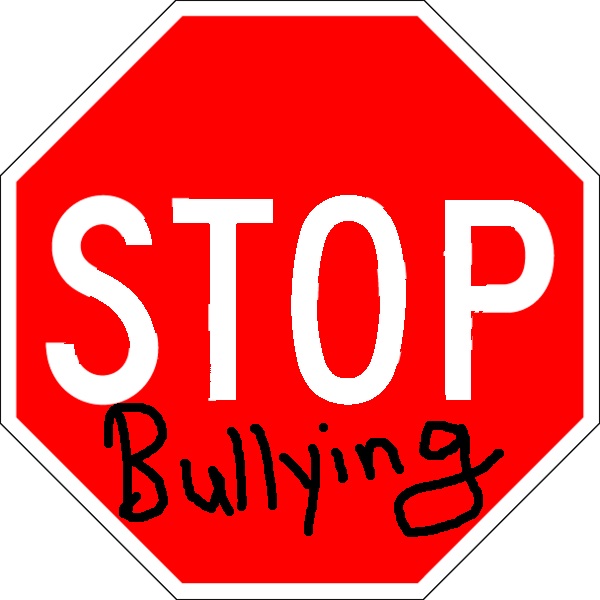Behind the Screens

(Photo Credit Via Wikimedia Commons)
Bullying can happen at anytime or anywhere to anyone. More specifically, bullying is most common around 12-18 year old. Even though cyber bullying is the least common type of bullying, it’s still an important issue.
Cyber bullying is a type of bullying that happens over a device such as a computer, tablet, or cellular device. From the website Cyberbullying.org, about one out of every four teenagers have experienced cyber bullying, about one out of every six teenagers have cyber bullied others. However verbal and physical bullying are nonetheless happening more often than cyber bullying.
A student at Jefferson-Morgan shares her story. “One type of bullying I’ve experienced is cyber bullying”, said a student who prefers to stay anonymous. She had a few girls from another school send her degrading things over a social media app. She stopped the bullying by blocking those who had participated in it. “The things they were saying hurt my feelings and made me hate the things about myself they were talking about, but I knew I just needed to block and ignore them.” She says the bullying stopped after she had blocked them and hasn’t had it happen since, and one of the girls who participated apologized.
In the NYTimes article, “A Teenager Killed Himself After Being Outed as Bisexual. His Family Wants Justice.”, the article talks about how in Tennessee a 16 year old named Channing Smith chose to take his life due to cyber bullying. On September 23, 2019, someone had leaked intimate messages between Smith and another male classmate without his permission. He had saw the messages online and realized what had happening choosing a few hours later to then take his own life. Smith’s family had not known about his feelings towards males. His older brother is demanding justice so that “no human on this earth will have to die this way again.”.
Based on a poll from Jefferson-Morgan highschool students, 4 out of 10 high school students have been bullied. Out of those four, three had blocked the person. Which led the cyberbullying to stop, however the one who hadn’t blocked the bully said, “The bullying began to stop when I stopped giving a reaction”.
The Jefferson-Morgan Student Handbook has a policy for cyberbullying as well. “Cyberbullying—forms of verbal and psychological bullying may also occur on the through email, instant messaging, personal profile websites and/or social media, texting, and the like. Cyberbullying includes, but is not limited to, the following misuses of technology: harassing, teasing, intimidating, threatening, or terrorizing another student, teacher or employee of the district by sending or posting inappropriate or derogatory e-mail messages, instant messages, text messages, digital pictures or images, or web site postings (including Blogs).” Those who break the policy against cyberbullying may be subject to legal or police proceedings. From the Jefferson-Morgan School District Student Handbook.
In summary, although cyber bullying is the least common type of bullying, it’s still happening and needs attention to be stopped. For more information on cyberbullying check out stopbullying.gov and cyberbullying.org.

Catherine Diamond is a senior and third year Journalism student.
Diamond participates in Leo Club along with the National Honors Society. She is the...


